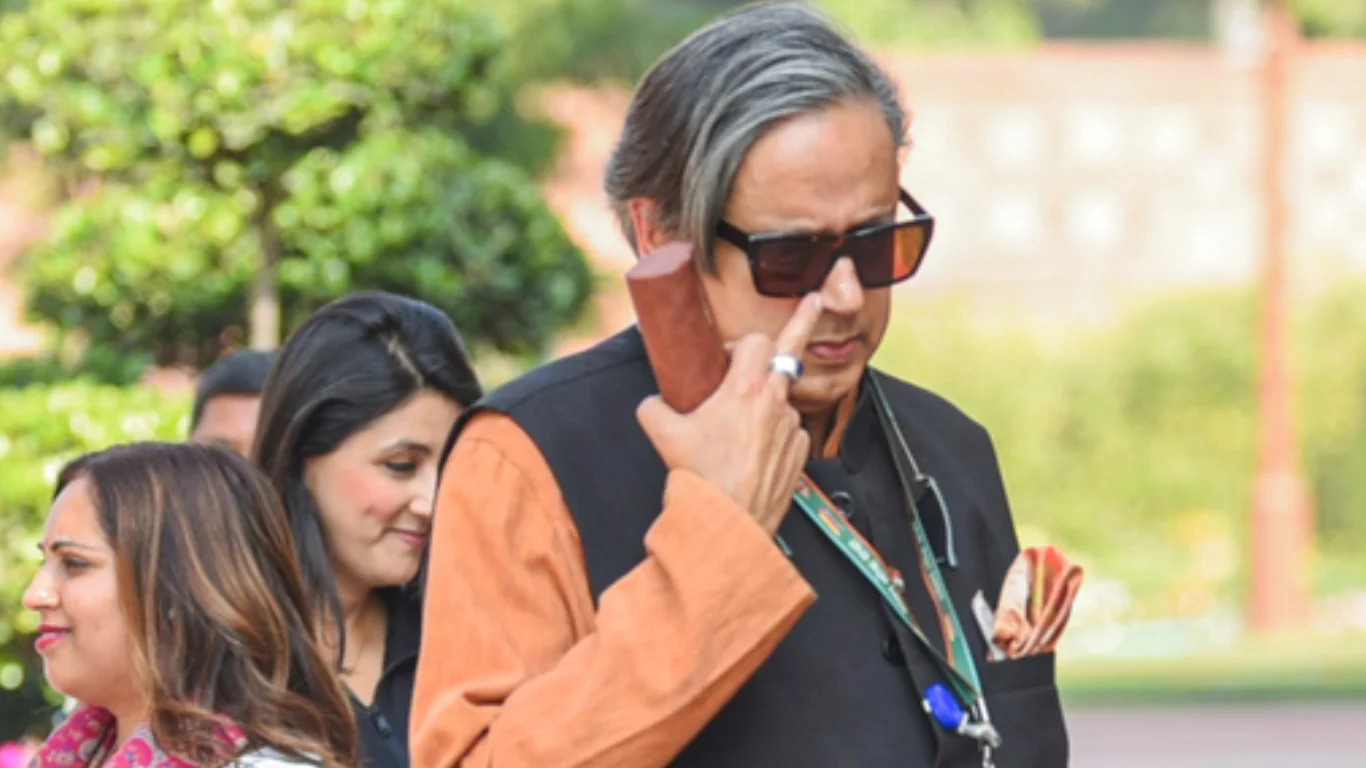
Congress MP Shashi Tharoor has publicly defended India’s recent military strikes on Pakistan and Pakistan-occupied Kashmir, describing them as a “sensibly calibrated response” to the deadly terrorist attack in Pahalgam on April 22, 2025, which resulted in the deaths of 26 civilians, including 25 Indian tourists and one Nepali national. Tharoor emphasized that the strikes were a direct consequence of Pakistan-based terrorists, who are allegedly armed, financed, and guided from Pakistan, carrying out attacks on Indian soil.
In an interview with an Australian news channel, Tharoor stated, “They are justified because, yet again, Pakistan-based terrorists, almost armed, financed and guided from Pakistan, have come to our country and killed innocent civilians.” He further characterized India’s military action as a necessary measure to demonstrate that “a price is to be paid for this kind of conduct,” referring to Pakistan’s alleged sponsorship of terrorism.
Tharoor also highlighted the strategic approach of India’s strikes, noting that they were conducted at night and targeted buildings known to be quarters of wanted terrorist groups, thereby minimizing collateral damage. He asserted that the Indian public expected a firm response and that the military action sent a clear message: “We are responding to terrorism, but we are not interested in creating a protracted conflict.”
The Pahalgam attack, considered the deadliest on Indian soil since the 2008 Mumbai attacks, involved militants who specifically targeted Hindu and Christian tourists, segregating them based on religion before opening fire. The Resistance Front, an offshoot of Pakistan’s Lashkar-e-Taiba, initially claimed responsibility for the attack but later retracted the statement. Despite Pakistan’s denial of involvement, India maintains that the attack was orchestrated by Pakistan-based militants.
In the aftermath of the attack, India took several retaliatory measures, including expelling Pakistani diplomats, suspending the Indus Waters Treaty, and closing border crossings. Pakistan responded by suspending the 1972 Simla Agreement, expelling Indian diplomats, and shutting down airspace and trade routes to India. These actions have significantly strained bilateral relations and heightened tensions between the two nuclear-armed neighbors
International reactions to the escalation have been mixed. While some countries have condemned the terrorist attack and expressed support for India’s right to self-defense, others have called for restraint and dialogue to prevent further escalation. The United Nations and several Western nations have urged both India and Pakistan to de-escalate tensions and engage in diplomatic efforts to resolve the crisis.
The situation remains volatile, with ongoing military exchanges along the Line of Control and continued concerns over the potential for a broader conflict. The international community continues to monitor developments closely, emphasizing the need for both nations to prioritize peace and stability in the region.

















